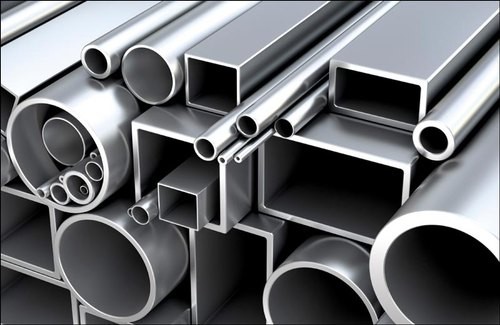Plumbers make pipe connections in residential, commercial, and industrial settings using pipe fittings. Making the right choice of fittings allows plumbers to make the correct connections and ensure the fixtures do what they are supposed to do. It also prevents issues like leaks, unwanted flow restrictions, and unexpected repairs or replacements. This article explores the key aspects every industry should consider when buying piping accessories.
Industry Standards and Certifications
Every industry sets specific standards that piping fittings should meet to ensure quality, safety, and reliability. For instance, regulatory bodies like API sets standards for piping accessories being used the oil and gas industry. On the other hand, ASME standards are provided to guide piping and pressure vessel projects.
These standards often depend on the pressure and temperature conditions of the fittings’ application. Reputable manufacturers and suppliers offer a variety of high-quality fittings that uphold established standards. The availability of different accessories suitable for various applications ensures clients find piping accessories that meet their specific needs without compromising on quality.
Material Compatibility
First, buyers should consider the material of the pipe fittings before making any purchase. For piping accessories to function effectively, they should be made of a material that matches the pipes, supports the project’s requirements, and the type of products being transported. Some fluids and chemicals might corrode the pipes and cause system damages if they are not compatible with the materials.
Most pipe fittings are manufactured from stainless steel. This material is the preferred choice for most customers due to its strength, flexibility, and resistance to corrosion. It also extends its use to a wider area like connecting pipes that transport corrosive chemicals.
Industries whose plumbing systems need heat resistance should consider copper pipe fittings. This material is also preferred due to its long-term reliability. Brass pipe fittings are an excellent choice for companies transporting water and gas through their pipes. This is because they can resist corrosion and can provide ease in machining.
Industries that deal with water and wastewater systems should consider PVC fittings. They are suitable for these applications because they are light weight and can resist corrosion. Those handling high-pressure fluids should install carbon steel pipe fittings because they are strong and sturdy.
Type of Fittings and Connections
Today, manufacturers design different types of pipe fittings for different purposes. For example, barbed fittings are often used in low-pressure applications. Their elasticity enables them to slide smoothly into the tubes and hold the pipes firmly together.
Cam fittings are specially designed to connect pipes and hoses. Besides being quick-disconnecting and providing a firm connection, these piping accessories can withstand high-pressure applications. Threaded fittings are commonly used in smaller systems. However, the application depends on the industrial standards. For example, the Unified Fine Thread (UNF) and British Standard Pipes (BSP) are suitable for pipes with high-pressure connections.
Reducers is a common category of piping accessories used to connect pipes with different sizes. Plumbers use elbows to adjust the direction different pipes run. They also use tees to design a 90-degree branch connection. The type of accessories selected depends on the layout and the design of the piping system.
Choosing high quality and appropriate fittings enables residential, industrial, and commercial plumbing systems to perform excellently and safely and last longer. Therefore, homeowners and business owners who need plumbing services should work with competent plumbers who use the appropriate piping accessories.

